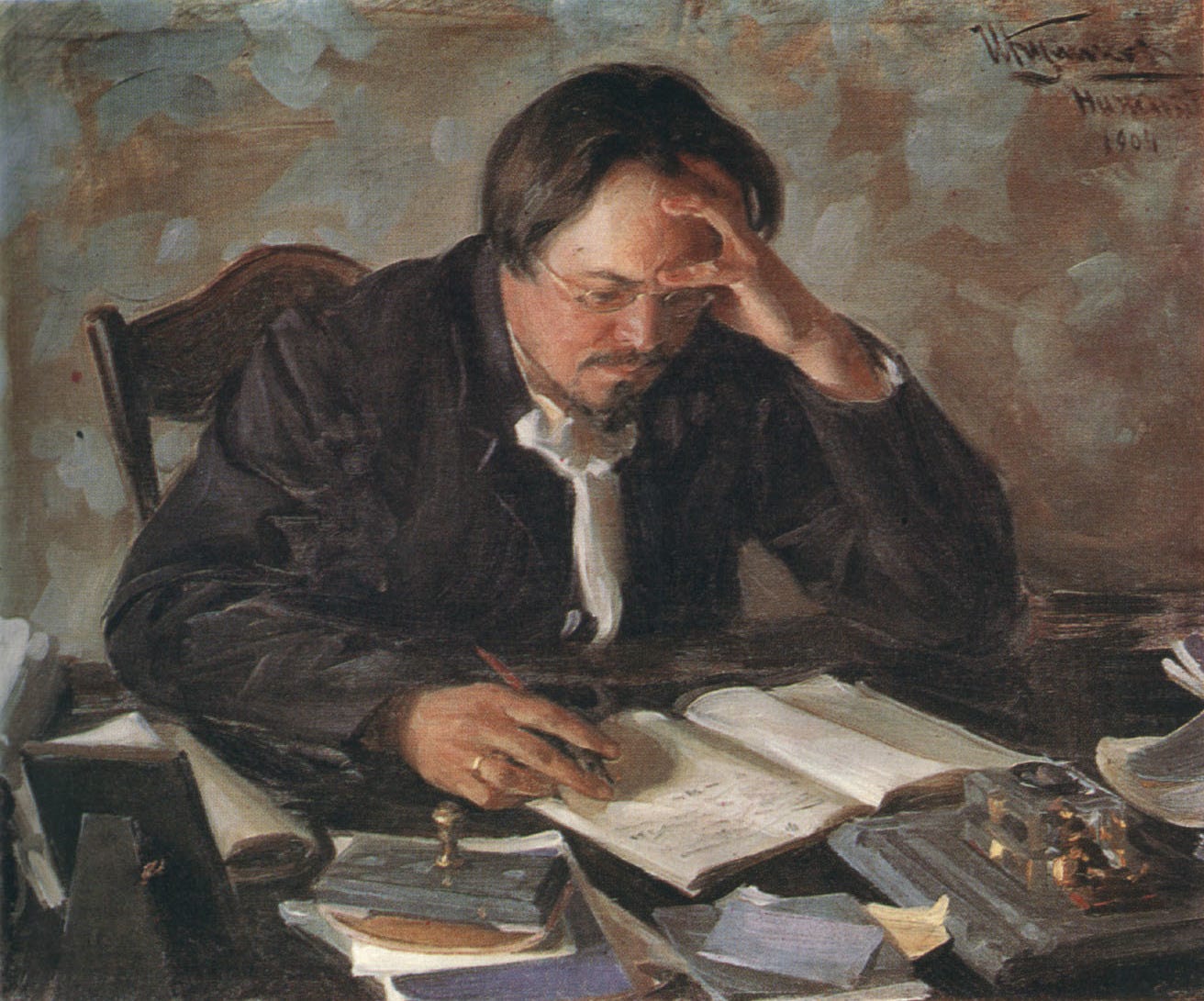Book Proposal Review: As much as I bristled, I only sold my book after I had a solid argument
I found out the hard way that while reporters are supposed to report, book authors have to SAY something (duh)

When I first set out to write my book proposal, my idea was simple: a history of online dating, through the words of regular users. I knew I’d have to do a ton of research and reporting, and convince the publishing world that this was a worthy project, but I thought I had enough of a framework to work with, and that juicy personal stories and fascinating, quirky bits of the history of love and technology would suffice. I’d report the hell out of it. If I was worried about not selling the book, it was because I thought I might not have enough Twitter or Instagram followers.
But what I kept hearing after having folks read initial drafts of the proposal: great idea, interesting research, good writing, but... what are you SAYING about online dating?
Here’s some of that first feedback from someone with a ton of experience in the industry, which I’m sharing because as I think it can help others:
I get the feeling that you haven’t yet fully grappled with your material. I think you need to more fully integrate your sources to develop common themes so the book will have a more coherent message…
... Right up front it needs to tell me why I should read this book. What will I learn? What will it give me that is worth reading it for?…
...What salient concept or fact or experience emerges from your research?
As I look at these notes, I want to face palm. These questions seem very basic. Of course I needed to address all of them in the proposal. And yet, I was annoyed at the time, frustrated that the proposal needed much more work, after I’d already put so much into it, all on spec. What do you mean “what am I saying?!” I am saying so much!
In retrospect, I find my attitude baffling. I read a LOT of nonfiction books, and I really should’ve clocked that the most successful ones have a pretty clear takeaway statement about the subject.
As I was looking through my emails with this early feedback, I stumbled upon my response:
The elevator pitch for now is "oral history of online dating, from the daters' perspective and in their own words." Not quite sure how I'd go about extrapolating an argument or a unifying experience, since I've been treating it like a classic oral history (a la Studs Terkel), but perhaps that was naive.”
Naive I was, as I’ve mentioned here before. Making a convincing case for oral history as a format for the commercial market is HARD, especially for so broad a topic.
Another piece of feedback crystallized for me what I needed to do: “How does knowing about [the seismic shift in dating] transform the life of your target reader?”
I knew I needed to have a lot more of an “aha!” quality to what I was writing, a tangible argument that the reader could relay in a dinner party conversation.
I did a lot more research, a lot more thinking, and came up with something I thought was really quite specific and coherent. This took months of on and off work, and I do think it helped me sign with my agent. Buuuuut my agent wanted more.
I won’t go into the specifics of the argument and what was the “more” -- for that you’ll have to read my book when it comes out :). I will, however, share her general feedback.
She wanted the next draft of the proposal to come down “firmly with one big takeaway for the reader of this book.” Reader, I really, really thought I had already done this. It turned out I was way too subtle about it. To help me push it all further, she gave me helpful notes, for instance:
...how has this overarching argument borne out over the decades and up through the present day; and where do you see it going?
...you need to be presenting us with the takeaway, and the history you are giving us works in service of proving your argument.
Sharpening this ended up taking months, AGAIN, and it was the bulk of my proposal revision work. The argument had to be really woven throughout the summary, through every chapter description, repeating it again and again, all while avoiding being repetitive.
I’m saying all this because frankly, I wasn’t expecting I would have to do so much arguing and thesis-ing. If I wasn’t so clueless and resistant, I would’ve saved a lot of time.
I blame at least part of my thinking on not majoring in history in college, which I generally regret about once a week. Historians know well that their work (as I hear again and again in one of my favorite podcasts, Drafting The Past) has to be bolstered by a well-argued thesis. And my book, after all, is a history of sorts (but as far as I understand, argument, or at least a very clear takeaway, is a key part of all nonfiction book proposals.
I also blame traditional (American) journalism training, where argument is, if not actively discouraged as editorializing, definitely in the backseat to the reporting and narrative.
I had to be untaught and retaught by all the people who helped me with the early drafts of my proposal, and of course, my agent. I’m very happy with where I ended up, and the thesis I crafted in my proposal — which is both broad and focused — is going to help me a lot in the actual book writing.
TLDR: Don’t be like me, argue early! (SORRY, SORRY, SORRY, SO CHEESY!!!!!)





Thank you for sharing!